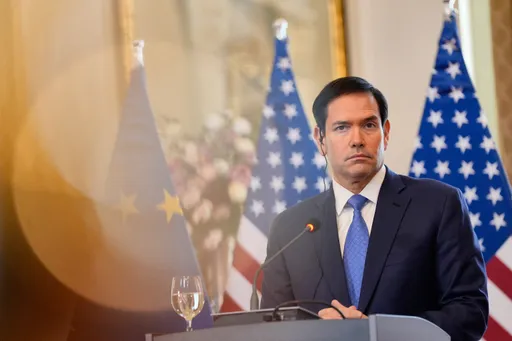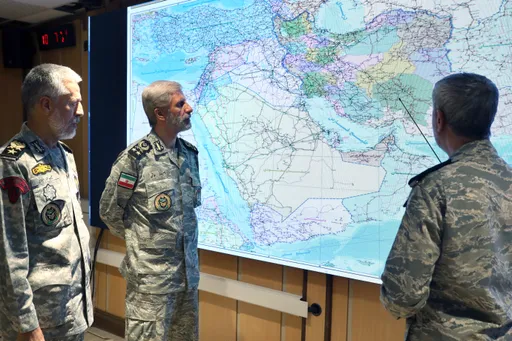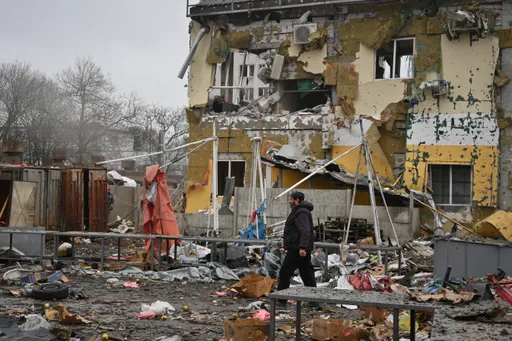Turkey's Foreign Minister Mevlut Cavusoglu said on Monday that Turkey could start drilling in the Eastern Mediterranean this autumn as the country had already purchased a platform.
His comments come as the internationally-recognised Greek Cypriot administration in southern Cyprus seeks to pen deals with neighbours Egypt and Israel over hydrocarbon reserves in the region. The Greek Cypriot administration, which is not recognised by Turkey, hopes to export the gas to Europe via an undersea pipeline to Greece.
Turkey has opposed the Greek Cypriot administration’s unilateral moves on the reserves before agreeing to a peace deal with the Turkish Cypriots.
Speaking at a joint news conference with his Turkish Cypriot counterpart Kudret Ozersay, Cavusoglu said the Turkish Republic of Northern Cyprus (TRNC) has territorial waters and a continental shelf which Turkey would take all measures to protect.
"Turkey has economic area in the Eastern Mediterranean," he added.
Cavusoglu also mentioned that Turkey had earlier prevented the start of some drilling works in the Eastern Mediterranean.
"Now, we have a platform and we can start drilling," he said.
Turkey has repeatedly warned the Greek Cypriot administration about its unilateral hydrocarbon-related research in the Eastern Mediterranean, saying Turkish Cypriots also have rights to the resources around the area.
Turkish Cypriots have remained internationally isolated since declaring the independence of the TRNC in 1983 after almost a decade of failed attempts to reunite the island, which was divided after a conflict in 1974.
Turkey, which according to a 1960 treaty is a legal guarantor of peace in Cyprus, has maintained security in the Turkish Cypriot north after launching a military intervention in response to a coup by the Greek junta on the island.
The coup on July 15, 1974 aimed to annex Cyprus to Greece, which was itself at the time being run by a military regime.
Turkey, which says it seeks a "just and lasting" deal in Cyprus, encouraged the reunification of the island in a 2004 referendum, for which Turkish Cypriots voted "yes" but Greek Cypriots voted "no."
In 2017, after two years of negotiations, the latest attempt to reunify the long-divided Mediterranean island ended in failure after the Greek Cypriot side refused to accept the continuation of the 1960 Treaty of Guarantee, which the Turkish Cypriot side said should remain part of any future deal.























